Printing more money doesn’t increase economic output. It only increases the amount of cash circulating in the economy. If more money is printed, consumers are able to demand more goods. But if firms have still the same amount of goods, they will respond by putting up prices. In a simplified model, printing money will just cause inflation.
What is Inflation?
Why is inflation such a problem?
Fall in value of savings. If people have cash savings, then inflation will erode the value of your savings. €1 million marks in 1921 was a lot. But, due to inflation, two years later, your savings would have become worthless. High inflation can also reduce the incentive to save.
Menu costs. If inflation is very high, then it becomes harder to make transactions. Prices frequently change. Firms have to spend more on changing price lists. In the hyperinflation of Germany, prices rose so rapidly; people used to get paid twice a day. If you didn’t buy bread straight away, it would become too expensive, and this is destabilising for the economy.
Uncertainty and confusion. High inflation creates uncertainty. Periods of high inflation discourage firms from investing and can lead to lower economic growth.
Printing EU money
Why can’t we just print money to pay off EU public debt?
EU Member States borrow by selling government bonds to the private sector. Bonds are a form of saving. People buy government because they assume a government bond is a safe investment. However, this assumes that inflation will remain low.
Eurozone in Corona Crisis
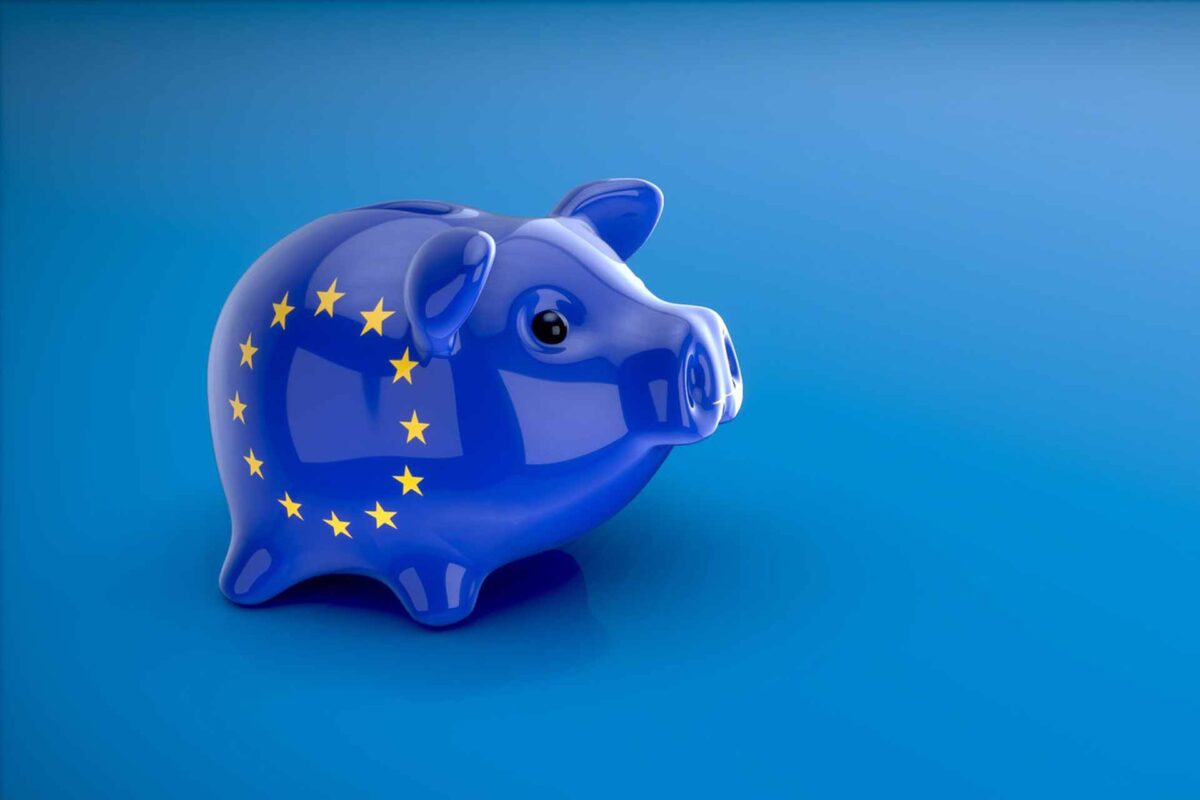
The Eurozone will be troubled by stagnating growth in times of Corona crisis. Eurozone still has to fix problems of high national debt. In order to evade another economic earthquake similar to or even bigger than the Greek crisis and to reinstate the trust in the Euro, the European Central Bank (ECB) may take extraordinary measures to boost growth. ECB may launch the Quantitative Easing (QE) programme instead of printing Euros.
What is Quantitative Easing (QE)?
Quantitative Easing is a monetary policy used in extreme circumstances. ECB may bring out the big guns if the regular policies of the central banks become ineffective. In short, the ECB is printing money and sending it to the banks, hoping that they’re going to start offering cheap loans to the citizens and companies, thus kick-starting the economy.
The downside? It increases inflation. But that’s actually the goal of ECB’s Quantitative Easing – to raise the annual inflation within the Eurozone from 0.2% to 2%, because having deflation causes the economy to contract, which might lead to even bigger problems.
How quantitative easing worked in real Economy
The ECB started buying assets from commercial banks in March 2015 as part of its non-standard monetary policy measures. These asset purchases, also known as quantitative easing or QE, support economic growth across the euro area and help us return to inflation levels below, but close to, 2%.
- The European Central Bank buys bonds from banks.
- This increases the price of these bonds and creates money in the banking system.
- As a consequence, a wide range of interest rates fall and loans become cheaper.
- Businesses and people are able to borrow more and spend less to repay their debts.
- As a result, consumption and investment receive a boost.
- Higher consumption and more investment support economic growth and job creation.
- As prices rise, the ECB achieves an inflation rate below, but close to, 2% over the medium term.
This way this works is that each country has national debt, also known as government bonds, in the financial markets. Bonds are a financial asset and they can be bought and sold, just like shares of a company. So when a financial organisation (usually a bank or a fund) or private figure buys these bonds, the government will owe them money and must pay interest rates and one day repay back these debts.
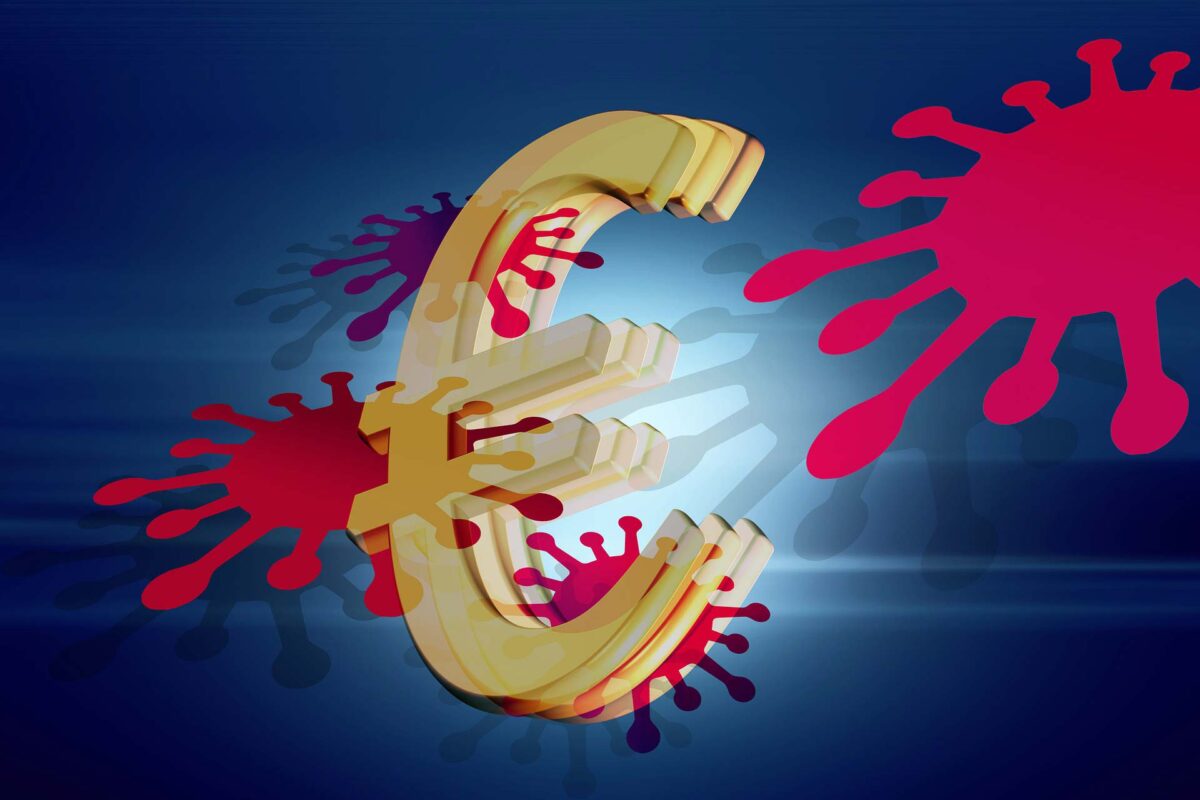
ECB response to the coronavirus pandemic
ECB has announced the €750 billion Pandemic Emergency Purchase Programme (PEPP). This Emergency Programme aims to lower borrowing costs and increase lending in the euro area. This in turn should help citizens, firms and governments get access to funds they may need to weather the crisis. This programme complements the asset purchase programmes we have had in place since 2014.
European Central Bank buy several different kinds of assets in this programme. For example, when ECB buys bonds directly from banks, makes more funds available that they can lend to households or businesses. ECB can also buy companies’ bonds, giving them an additional source of credit. Both kinds of purchases help boost spending and investment, with the aim of supporting economic growth.
ECB can’t actually print more Euros for Corona Crisis but it may bring out the big EU guns. This means low-cost money for EU Member States and private sector.

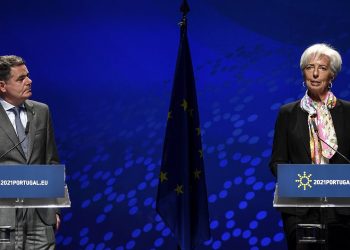
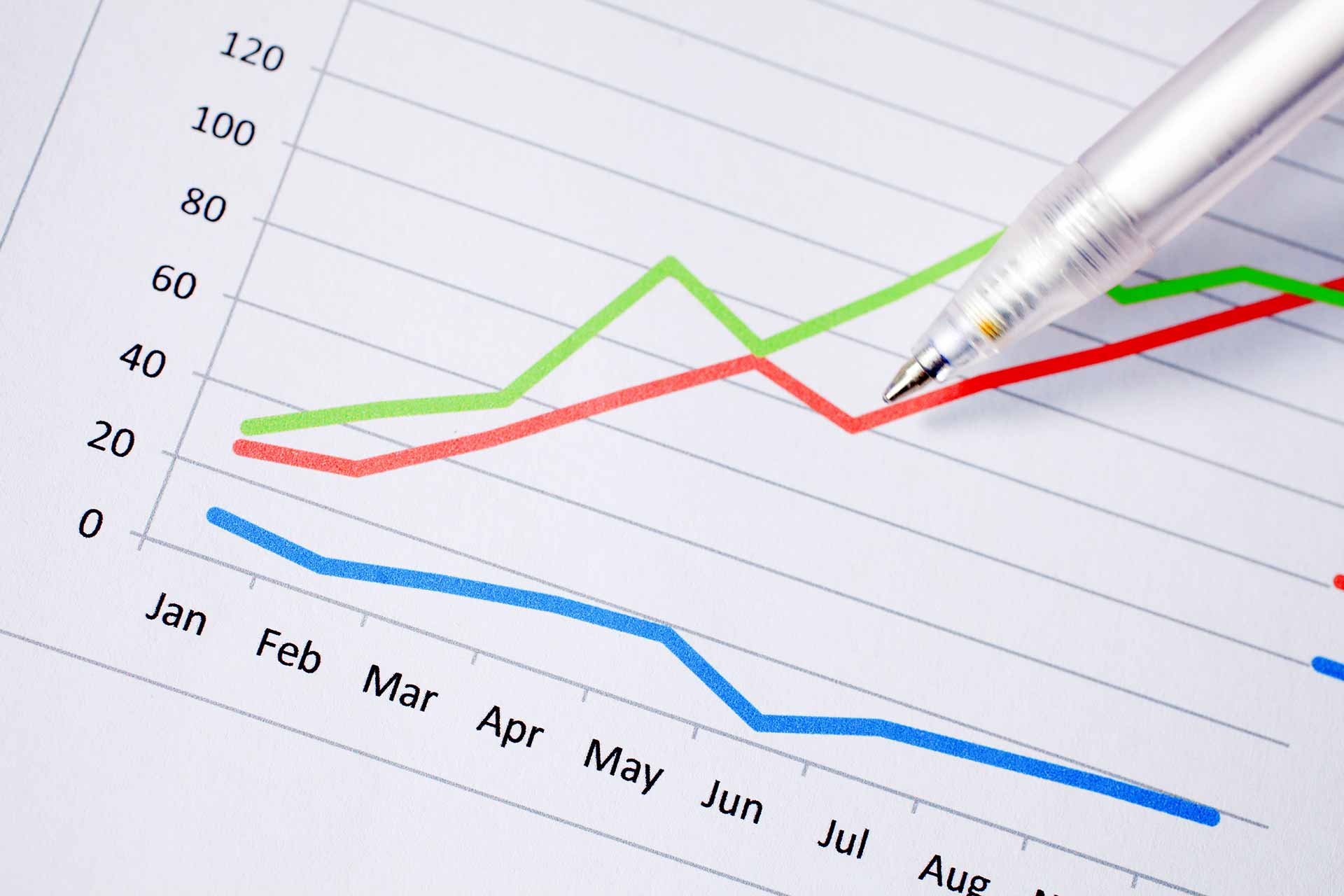
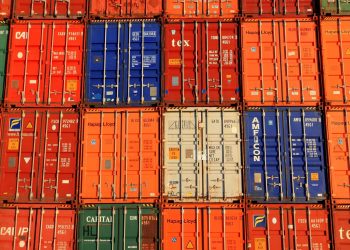
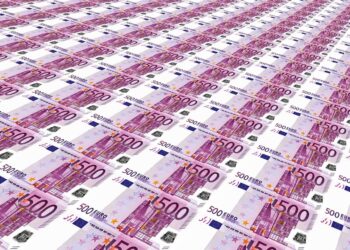
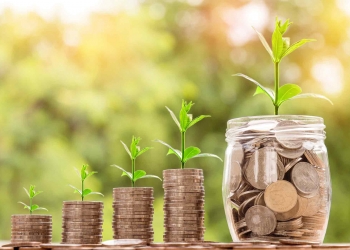









Dude say that to Venezuela, Argentina, Índia, Cuba and Germany in the 1920s, where the governments printed money like dumbasses and cause such an inflation that currancy became worthless and because of that the people suffer using bags and bags of money just to buy bread. Go learn basics of economics.
Inflation is something we desperately want and have been failing to meet inflation targets for years! So lets not drag up the ole inflation ghost to scare the plebs away right off the bat.
Inflation is also good for anyone with a loan! Nobody ever mentions that but my boomer parents basically got a 30% haircut on their house loan thanks to inflation through the 80s and 90s despite the higher interests so frankly, it worked out for them and their whole generation.
ECB printing money and doling it out as helicopter money would be the most effective way to boost the economy EU wide. Quantative Easing was incredibly ineffective yet the EU was able to sustain it despite it having little to no effect. Now imagine if all those wasted resources went straight to peoples wallets instead of being thrown away.
The EU coud have funded a green transition by now if it had done that, it could have been the leading economic powerhouse on the globe. Instead we’re a bunch of anemic know-nothings obsessed with schwarze-null nonsense and have basically sealed the future of the EU away from further integration and made a breakup of the euro more likely.
Your point is, your parents got a discount in their home loan due to inflation. That is true, assuming you a have a fixed interest rate, the nominal value of the loan will remain stable while the real value will reduce. What happens is a transfer from your parents loan to cost of living. In other words you’re paying your parents house while they don’t. Yes that is great, if you buy low and sell high you win, everybody knows that. But that is true of the loan, what about other prices? What about savings? And, will that work out for you, and if it does, will it work out to your children. I mean, when is that going to reveal problems? Or can we just indebt ourselfs, print money, and go on to more debt. Is that really a win win situation? Is that really a free lunch? If helicopter money is such a good policy because people can buy more stuff, why not just drop stuff from helicopters and cut out the middle man, money? And before you consider it, IT IS A JOKE. There is no more stuff available simply because you have more helicopters, that is not how it works.